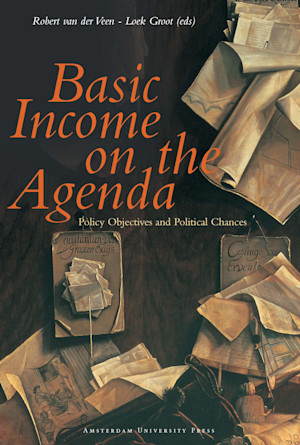Persisting unemployment, poverty and social exclusion, labour market flexibility, job insecurity and higher wage inequality, changing patterns of work and family life are among the factors that exert pressure on welfare states in Europe. This book explores the potential of an unconditional basic income, without means test or work requirement, to meet the challenges posed by the new social question, compared to policies of subsidized insertion in work. It also assesses the political chances of basic income in various European countries. These themes are highly relevant to policy-makers in the field of labour markets and social security, economists, political philosophers, and a social science audience in general.

